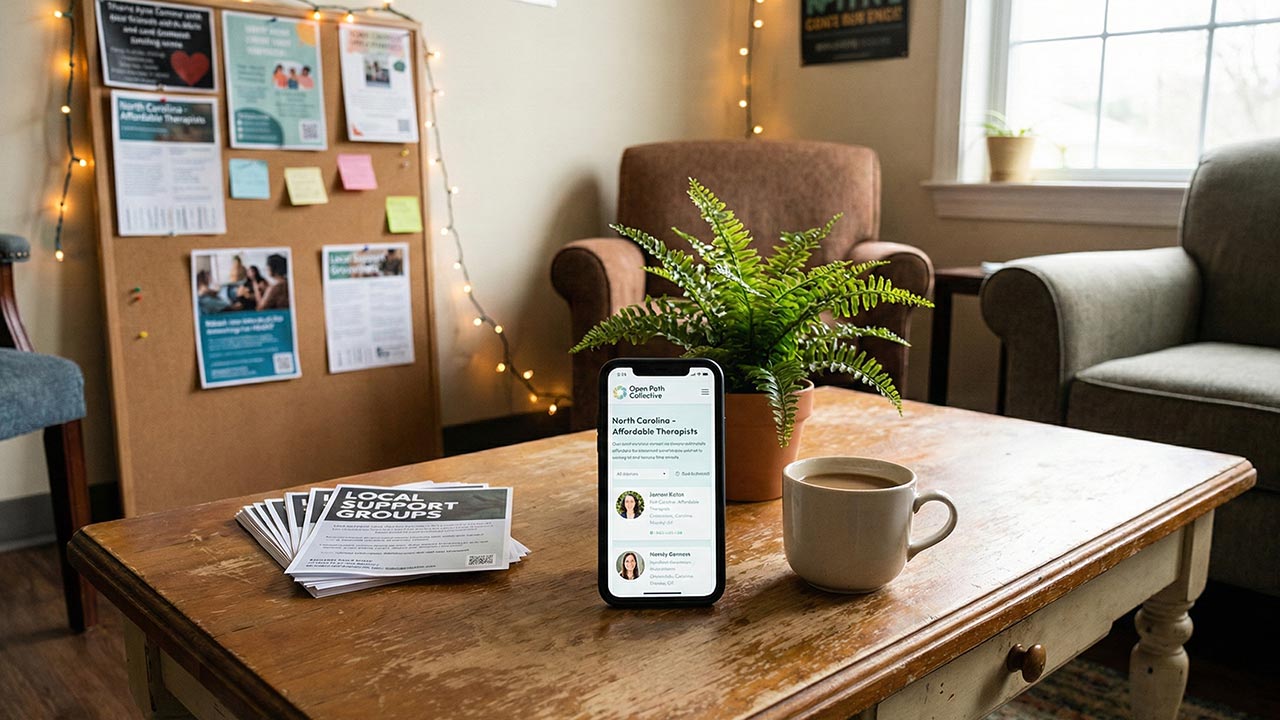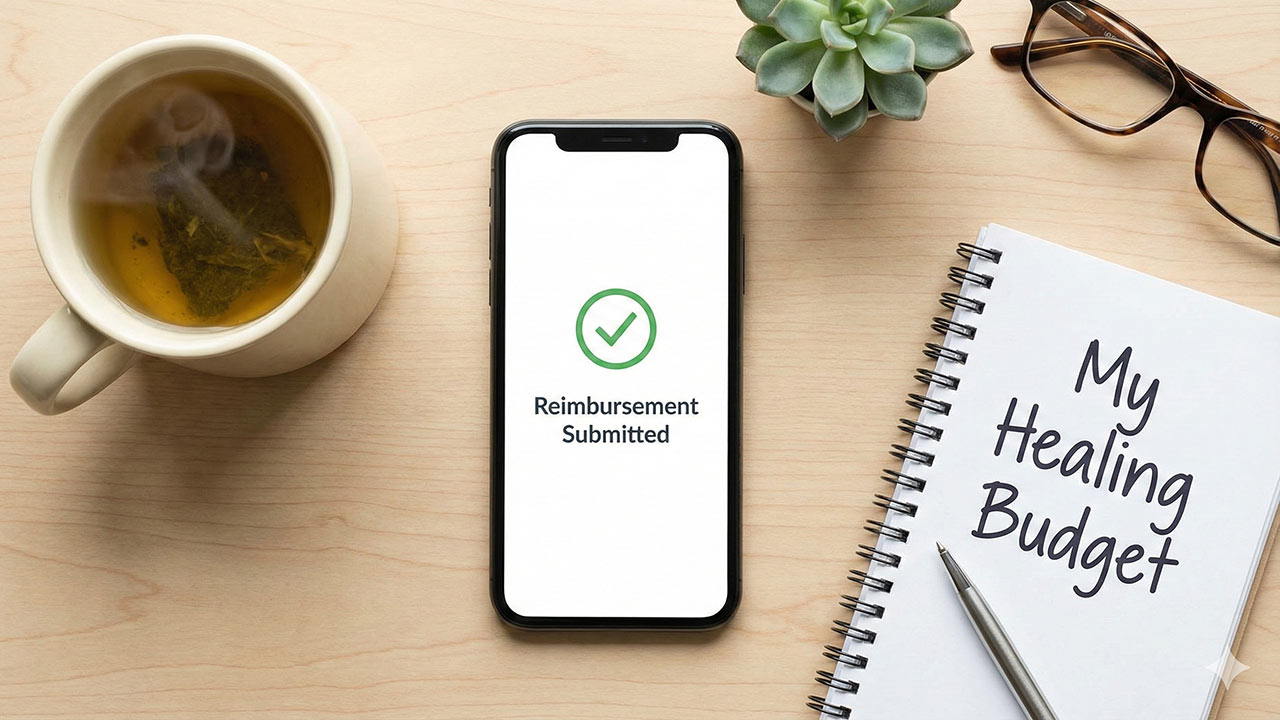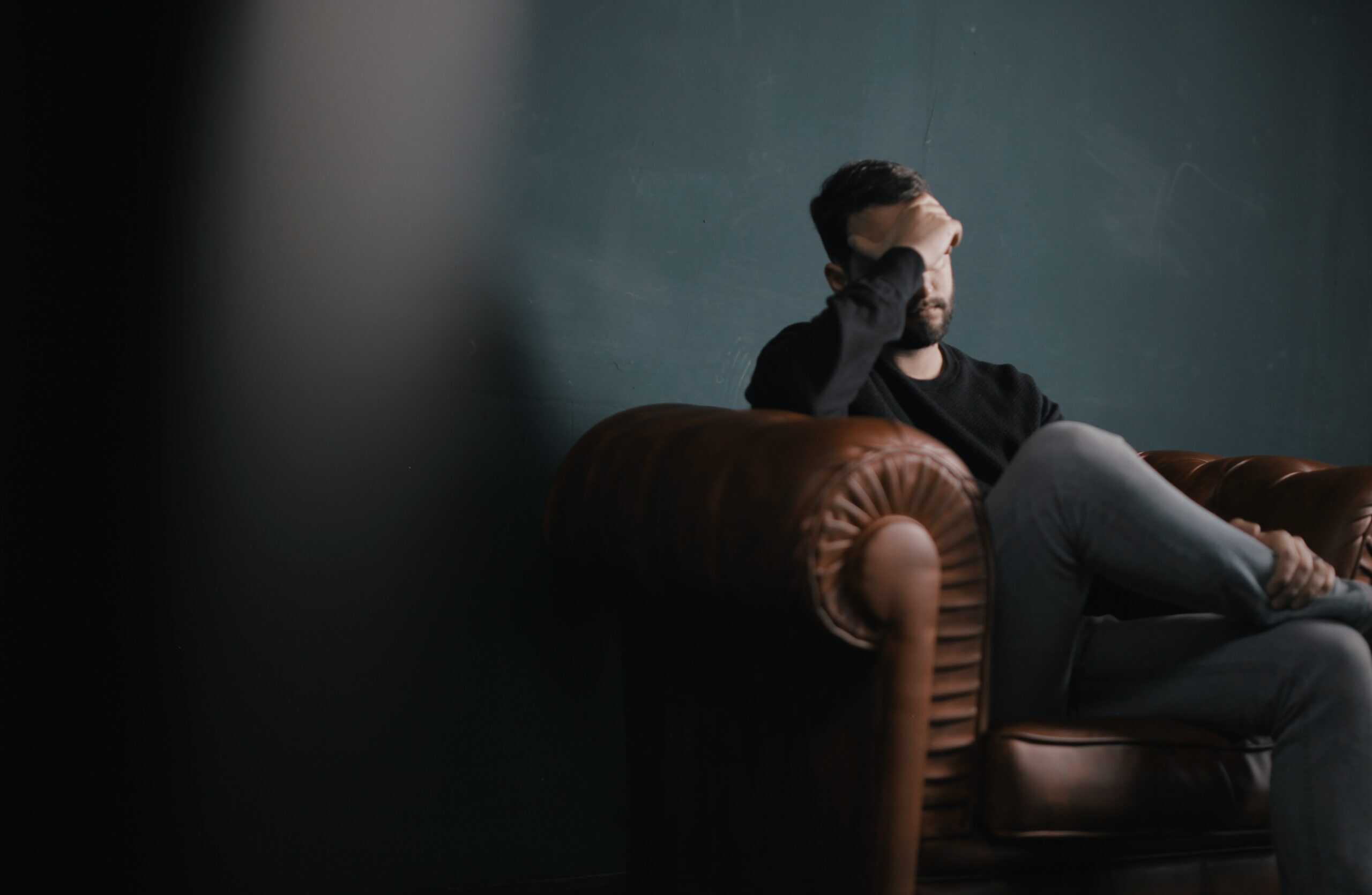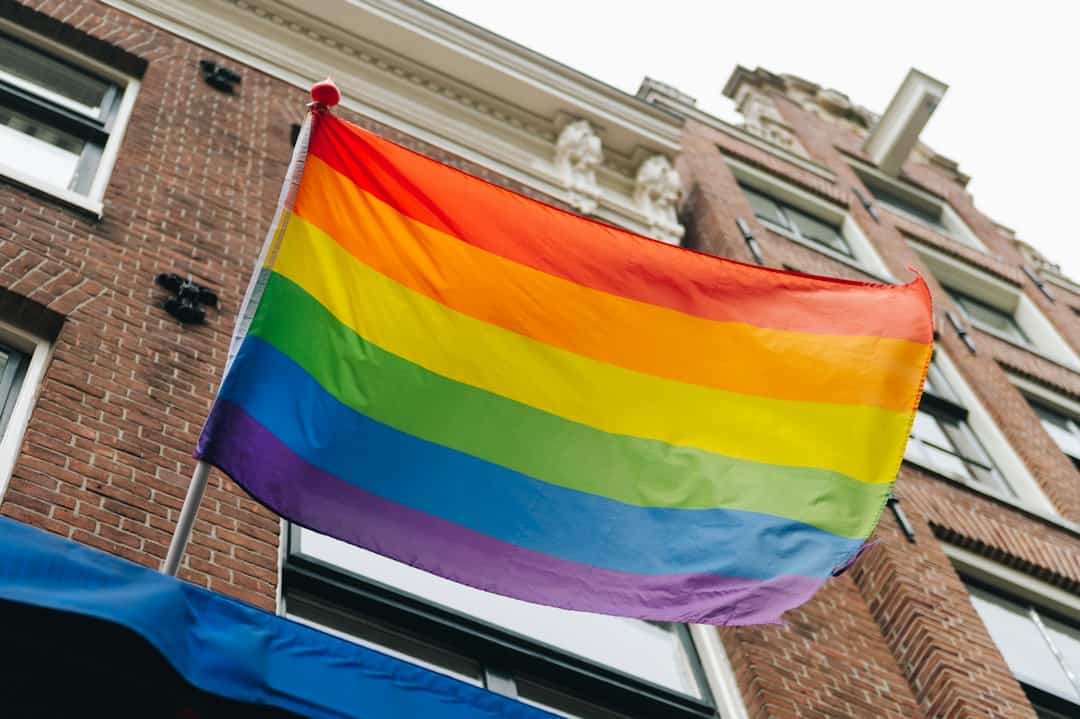Even when a Black man overcomes the immense societal pressures and internal conflicts to seek help for his mental health, he is confronted by a healthcare system that is often inaccessible, alienating, and ill-equipped to meet his needs. The path to wellness for Black Americans is uniquely fraught with obstacles rooted in the very fabric of American society. These are not a series of discrete, independent hurdles but a deeply interconnected and self-reinforcing system that perpetuates a cycle of inadequate treatment and justified mistrust. To create effective change, we must first detail these formidable barriers, from the historical roots of skepticism and the pervasive power of stigma to the contemporary crisis in cultural competency and the stark realities of structural and financial exclusion.
A Legacy of Justified Mistrust
The reluctance of many Black men to engage with the medical and mental health systems is not born of ignorance but of a well-founded and generationally transmitted mistrust. This skepticism is rooted in a history of profound betrayal by the medical establishment. The most infamous example is the Tuskegee syphilis experiment, which ran from 1932 to 1972. In this study, Black men were deceptively enrolled and then denied treatment for syphilis so that researchers could observe the disease’s natural progression. This event stands as a powerful symbol of a broader history of medical exploitation and has created a deep, warranted fear of institutional mistreatment that persists to this day.
This historical legacy is not merely a relic of the past; it is actively reinforced by contemporary experiences within the healthcare system. Research reveals a persistent pattern of provider bias that undermines the quality of care for Black patients. One study found that physicians were 33% less likely to engage in patient-centered communication with Black patients compared to their white counterparts, a practice directly linked to increased psychological distress. This lack of effective communication, combined with both conscious and unconscious biases, frequently leads to misdiagnosis and inadequate treatment, which in turn validates the initial mistrust. The result is a vicious cycle: a history of abuse creates a rational fear of the system, and present-day experiences of bias confirm that this fear remains justified. This solidifies the belief among many that the healthcare system is not a place of healing for Black men.
The Stigma Within and Without
This barrier of mistrust is compounded by a powerful stigma against mental illness that operates both within the Black community and in its interactions with the broader society. Within many Black communities, mental health challenges are often viewed not as medical conditions but as signs of personal weakness, a failure of character, or even a spiritual failing. This perspective creates an environment of shame and secrecy, discouraging individuals from acknowledging their struggles for fear of being judged or discriminated against by their own community.
Faith communities, which serve as a vital source of strength for many, can play a complex and sometimes contradictory role in this dynamic. While spirituality can be a powerful protective factor and an important part of recovery, it can also contribute to stigma. This happens when mental health issues are framed as a lack of faith, with prayer positioned as the sole appropriate remedy over medical treatment. This can leave individuals feeling spiritually inadequate in addition to being psychologically distressed.
This internal stigma is amplified by a dangerous external threat: the fear of criminalization. Given the hyper-policing of Black communities and the stark racial disparities in the justice system, there is a legitimate and pervasive fear that a mental health crisis will be met not with compassion and care, but with law enforcement. This fear is not unfounded; Black individuals are far more likely to be incarcerated than to be given the opportunity for treatment when a mental illness leads to disruptive behavior. This reality forces a dangerous choice: suffer in silence or risk that a cry for help will be interpreted as a threat, leading to punishment instead of support.
The Crisis of Cultural Competency
For those Black men who manage to navigate the barriers of mistrust and stigma, the quality of care they receive is often severely compromised by a crisis of cultural competency within the mental health profession. The consequences of this deficit are severe and well-documented. Black men are consistently over-diagnosed with severe mental illnesses like schizophrenia and under-diagnosed for mood-related disorders such as depression and anxiety. This pattern often stems from a therapist’s inability to understand the client’s experience through a cultural lens. For example, a clinician not trained in the context of systemic racism may misinterpret a Black man’s justified caution and guardedness—a rational survival strategy often termed “healthy paranoia”—as clinical paranoia, a hallmark symptom of a psychotic disorder.
This clinical failure is a direct result of the Eurocentric foundations of mainstream psychotherapy. Early models of mental healthcare were established primarily by and for white, middle-class populations and have historically pathologized Black family structures and cultural norms. These models often fail to recognize cultural strengths, such as extended kinship networks and spirituality, which are crucial protective factors for resilience. The absence of cultural competency is a fundamental clinical failure that can cause direct harm and sever the therapeutic alliance, the single most important determinant of successful outcomes. Patient testimonials reveal that Black men often feel compelled to “scan” a provider for safety and authenticity, judging them by their nonverbal cues and perceived compassion. When a provider seems disengaged or culturally unaware, the patient immediately shuts down, and the cycle of mistrust is once again reinforced.
Structural and Financial Obstacles
Finally, a set of formidable structural and financial barriers often makes accessing quality care a practical impossibility. The most significant of these is the severe underrepresentation of Black professionals in the mental health field. Only 2% of psychologists in the U.S. are Black, creating a massive gap between the demand for and supply of culturally attuned care. Many Black men explicitly seek a therapist who shares their racial background, believing such a provider can inherently understand their lived experiences without burdensome explanation.
This crisis of representation is compounded by prohibitive costs. Nearly 10% of Black people in the U.S. lack health insurance, compared to just over 5% of non-Hispanic white people. For those with insurance, high deductibles and copayments can still make consistent therapy unaffordable. The average cost of a single therapy session can range from $75 to $200, placing private care out of reach for many. This economic reality is a primary driver of another critical disparity: Black individuals are far more likely to receive mental health care, if at all, through an emergency department rather than from a dedicated specialist. This entire ecosystem of barriers creates a closed loop that systematically denies Black men the healing they need and deserve.
Final Thoughts
Ultimately, the obstacles preventing Black men from accessing care form a deeply interconnected and self-reinforcing system that perpetuates a cycle of inadequate treatment and justified mistrust. This cycle is fueled by a profound historical skepticism born from medical exploitation , amplified by a dual stigma from within the community and a fear of criminalization from society at large. It is further solidified by a healthcare profession suffering from a crisis of cultural competency that leads to harmful misdiagnoses , and made practically insurmountable by the structural barriers of prohibitive costs and a severe underrepresentation of Black professionals in the field. This entire ecosystem of barriers creates a closed loop that is incredibly difficult to escape, systematically denying Black men the healing they need and deserve













